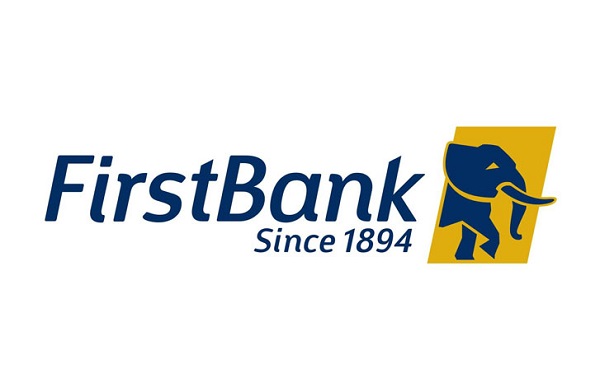First Bank of Nigeria Limited, in collaboration with Proparco, a Development Finance Institution, is undertaking significant steps to integrate climate initiatives into its business operations and strategy.
This move is part of an effort to position the bank as an African Climate Bank and contribute to reducing Greenhouse Gas (GHG) emissions.
The 130-year-old financial institution is currently implementing a mechanism to calculate its operational emissions across all branches and offices. This comprehensive assessment includes data on electricity use, diesel use, water consumption, waste management, fuel consumption, and business travels.

The goal is to establish the bank’s emission baseline and identify innovative opportunities for reducing operational emissions. First Bank is investing in its employees and infrastructure to develop the necessary capabilities and competencies for integrating climate action throughout the organization.
Recently, in a two-day partnership strategy workshop session, consultants from IPC and Valoris, engaged by Proparco, reviewed First Bank’s climate journey across various operational areas. The workshop aimed to assess progress and empower strategic departments, including Credit Risk, Human Capital Management & Development (HCMD), FirstAcademy (the bank’s learning institute), Corporate Banking, Personal Banking, SME Banking, Procurement, Branch Operations, and General Services teams. This initiative seeks to deepen the understanding of climate risks in their processes and operations.
The implementation strategy involves six key workstreams:
1. Identification of financed and avoided emissions to support reporting
2. Support for measuring and analyzing operating emissions
3. Integration of physical climate risk assessment
4. Opportunity analysis
5. Climate strategy and policy development
6. Capacity building among staff to support strategy implementation
Dr. Martin Steindl, Managing Director at Valoris, Austria, commended First Bank’s progress, stating, “Amongst our various engagements with financial institutions on climate mainstreaming, First Bank is the only organization that has been able to provide data both on the assets’ location of their portfolio and head offices of their clients. I am impressed with the progress we have collectively achieved.”
The Acting Chief Risk Officer of First Bank, Patrick Akhidenor, emphasized the bank’s commitment to reducing its climate footprint and enhancing climate finance opportunities. He stated, “First Bank is intentional about redefining its climate footprint. We are identifying opportunities in climate finance to improve our portfolio and reduce the carbon emissions associated with our processes and operations.”
Nigeria has set ambitious targets to reduce GHG emissions by 20% by 2030 and achieve net-zero emissions by 2060. First Bank has aligned its goals with these national plans and is actively working towards achieving them. The bank is also a signatory to the Africa Business Leaders’ Climate Statement released in 2022 at COP 27 in Sharm El Sheikh, Egypt, by the Africa Business Leaders Coalition (ABLC).
This commitment by First Bank of Nigeria Limited underscores its dedication to integrating climate action into its business operations and strategy, aiming to foster sustainable growth and contribute positively to environmental preservation and national climate goals.
Support InfoStride News' Credible Journalism: Only credible journalism can guarantee a fair, accountable and transparent society, including democracy and government. It involves a lot of efforts and money. We need your support. Click here to Donate
